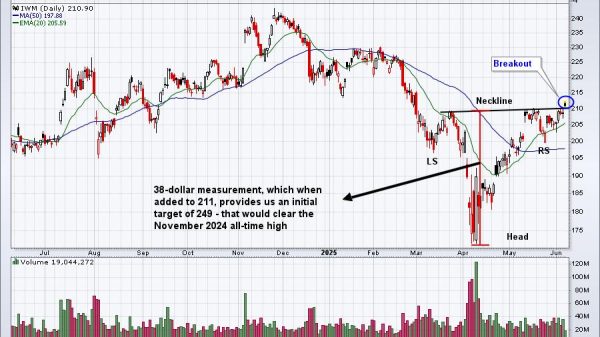What is Custodial Care and How Does it Work?
Custodial care has become a pivotal aspect of modern healthcare, especially for individuals who require assistance with day-to-day activities. This type of personal care is often misunderstood, with many conflating it with skilled medical care. Understanding what custodial care entails and how it operates is crucial for those looking to make informed decisions for themselves or their loved ones.
What is Custodial Care?
It refers to non-medical services and assistance with activities of daily living (ADLs) such as bathing, dressing, eating, and moving around.
Custodial care is not the same as skilled care. The latter is only provided under the supervision of trained medical professionals. A beneficiary in need of skilled care can be someone who is undergoing physical therapy, recovering from an accident, in need of intravenous injections, requires catheter care, etc.
Who provides Custodial Care?
Custodial care services are typically provided by home health aides, certified nursing assistants, or even family members. These caregivers do not perform medical tasks but are essential in ensuring the safety and well-being of those in their care.
It can be provided in various settings:
Home CareMany prefer receiving care in their own homes, where they feel more comfortable and independent.
Assisted Living FacilitiesThese facilities offer a blend of independence and assistance, providing this service along with communal living.
Skilled Nursing FacilitiesFor those needing more intensive support, nursing home care provides both medical and non-medical care.
Community Care CentersThese centers offer custodial care during the day, which is an excellent option for full-time workers caring for a loved one.
It is a significant component of long-term care, especially for individuals who may not require intensive medical care but still need assistance with ADLs. It ensures that individuals receive the necessary support to maintain their quality of life.
The Cost
So, how much should one pay for custodial care? The cost can vary based on the type and frequency of care needed. Long-term care insurance and health insurance policies may cover some aspects of custodial care, but coverage details can vary widely.
Unfortunately, standard health insurance plans and Medicare coverage often do not fully cover this type of care. Therefore, understanding the specifics of insurance policies and available coverage options is vital.
Generally, Medicare does not cover custodial care if that is the only type of care that is needed.
Medicare will only offer coverage if two basic requirements are met: The care is considered medically necessary and prescribed by a licensed physician or authorized medical personnel; and the care is conducted by a healthcare provider who participates in Medicare.
Medicare and Medicaid Coverage
While Medicare generally does not cover long-term custodial care, Medicaid might offer some relief, especially for those with limited income and resources. Each state has different rules and coverage options for custodial care under Medicaid.
Custodial Caregivers
Caregivers play an essential role in the care system. They often form close bonds with those they care for, providing not only physical assistance but also emotional support and companionship.
Benefits
It allows individuals to live more independently, especially in their own homes. Care plans are often tailored to the individual’s specific needs. Custodial caregivers often provide emotional support and companionship, which is vital for mental health. Having someone assist with daily activities reduces the risk of accidents and injuries.Challenges
Despite its benefits, custodial care faces challenges like the high cost of care and the shortage of caregivers. Moreover, the emotional toll on both caregivers and those receiving care can be significant, particularly in long-term scenarios.
What are examples of custodial?
A babysitter’s job is custodial. A guardian or caregiver of any kind has a custodial duty — they supervise and protect another person, usually a child. After a divorce, there’s sometimes only one custodial parent, while the other only visits occasionally.
What is the meaning of custodial support?
Custodial care is care provided by non-medical professionals. These individuals help older people with medical, physical, or mental conditions with daily tasks that they otherwise could not do themselves, including eating and bathing.
Conclusion
Custodial care is an integral part of the healthcare system, catering to the needs of those who require assistance with everyday activities.
While it differs from skilled nursing care, its importance cannot be overstated, especially in the context of aging populations and increasing life expectancies.
Understanding the nuances of This type of care, including how it is provided, and paid for, and its benefits and challenges, is essential for anyone considering this type of care for themselves or their loved ones.
As our society continues to evolve, the role and recognition of custodial care are likely to grow, underscoring the need for supportive and sustainable care systems for all.
The post What is Custodial Care and How Does it Work? appeared first on FinanceBrokerage.

























